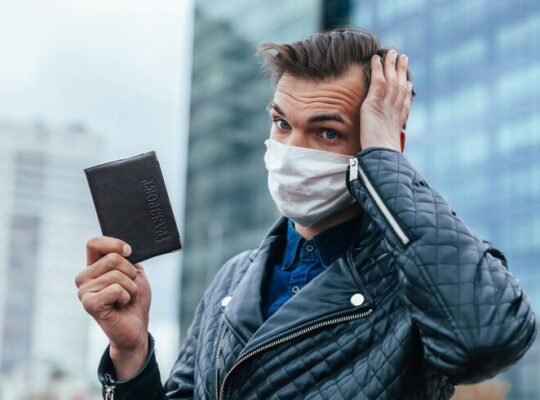If someone breaks traffic laws in Qatar, he has to face heavy fines and penalties. The vehicle may be temporarily or permanently impounded, and the license can be suspended, and the driver can face jail. Breaking the Qatar traffic laws affect insurance, and the expats can be deported as well.
There are a lot of traffic laws in Qatar, and the drivers are bound to follow all of them. Breaking any one of them can lead to heavy fines and penalties depending upon the offence. In this article, we will discuss the Qatar traffic laws in detail.
List of Traffic Laws in Qatar
There are multiple traffic laws in Qatar. The Qatari citizens must follow all of them. Some are as follows:
Generally, the speed limit is 60-80 km/h in Urban areas. In highways it is usually up to 120 km/h, but the signs indicate the maximum allowed speed. Always take help from them.
Seat belts are compulsory for all.
Mobile phones can be used with hands-free while driving.
Drivers cannot use alcohol and drugs.
If driver approach the roundabout, wait for the vehicles already circulating in.
Drivers must stop to allow pedestrians to cross at the marked crossings.
Parking in restricted areas is prohibited.
Vehicles must be registered and inspected.
Children under a certain age or height must be secured in appropriate child safety seats.
Drivers must hold a valid Qatari driving license or an international driving permit (IDP) if visiting from abroad.
Aggressive driving is strictly penalized.
All vehicles must have valid insurance coverage.
Headlights should be used properly.
Drivers must move aside to allow emergency vehicles such as ambulances and fire trucks.
Drivers must move aside to allow emergency vehicles such as ambulances and fire trucks.
See also Qatar Driving Rules
Importance of Traffic Laws in Qatar
The traffic laws in Qatar are extremely important for several reasons:
Obeying the traffic laws ensures the safety of all road users.
Violating traffic laws results in heavy fines and penalties.
In severe cases, vehicles may be impounded,.
Driving under the influence of alcohol or drugs results in imprisonment.
For expatriates, severe violations can lead to deportation from Qatar.
Traffic law violations can affect the insurance coverage.
Major violations may lead to court appearances and additional penalties.
Black Points:
When a person violates the Qatar traffic laws, a black point is added in the license. The accumulation of black points can lead to higher fines, driving bans, or even license suspension. The official Qatari website can be visited for further details of fines and penalties.
See also How To Do Istimara Renewal Online
Conclusion
In Qatar, obeying the traffic laws is necessary for maintaining road safety and avoiding serious legal consequences. The penalties for breaking traffic laws in Qatar can be severe. It can lead to fines and black points which may cause vehicle impoundment and imprisonment. Following these rules, regulations, and laws helps to prevent accidents.
Can breaking traffic laws affect my insurance in Qatar?
Yes, breaking traffic laws can impact your insurance coverage. Violations may lead to difficulties in claiming damages or increase your insurance premiums.
What happens if the vehicle is impounded in Qatar?
If the vehicle is impounded, it will be temporarily taken away. In severe cases, the vehicle may be permanently impounded, and you may also face fines.
How many black points can lead to a driving license suspension in Qatar?
The number of black points required for a driving license suspension can vary, but accumulating too many points from repeated offenses can lead to suspension or revocation of the license.
What are the consequences of driving under the influence in Qatar?
Driving under the influence can result in heavy fines, imprisonment, and even deportation for expatriates.
What are the common traffic violations in Qatar?
Common traffic violations include speeding, not wearing a seatbelt, using a mobile phone while driving, and driving under the influence of alcohol or drugs.










